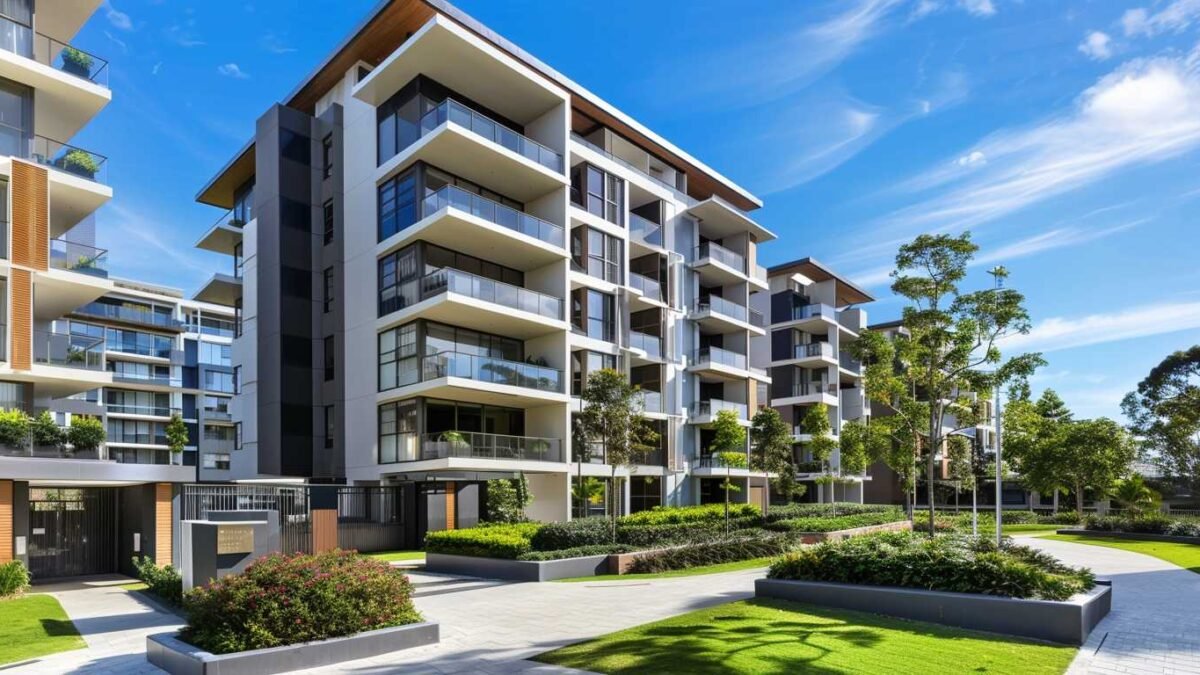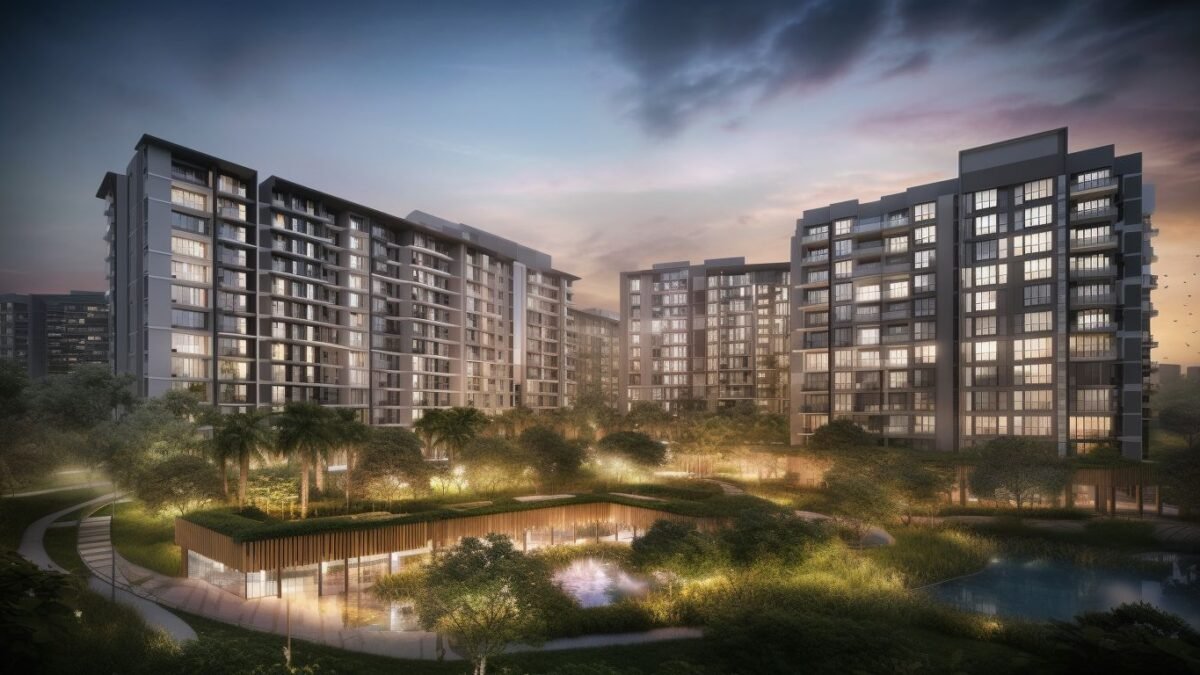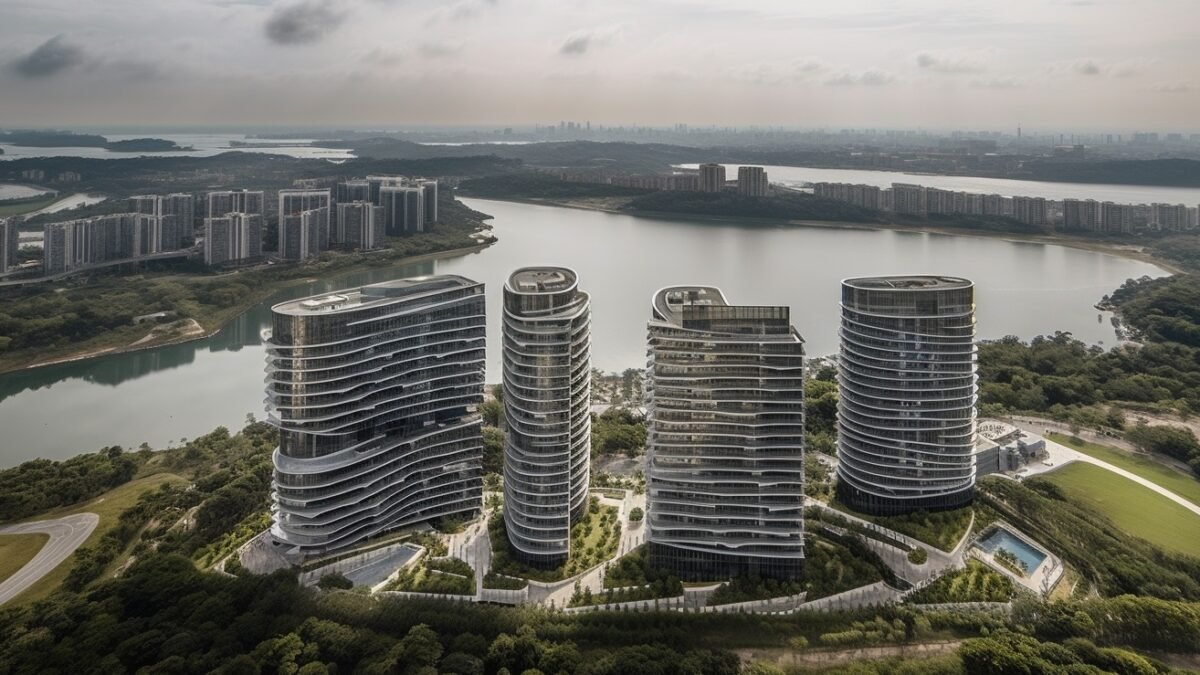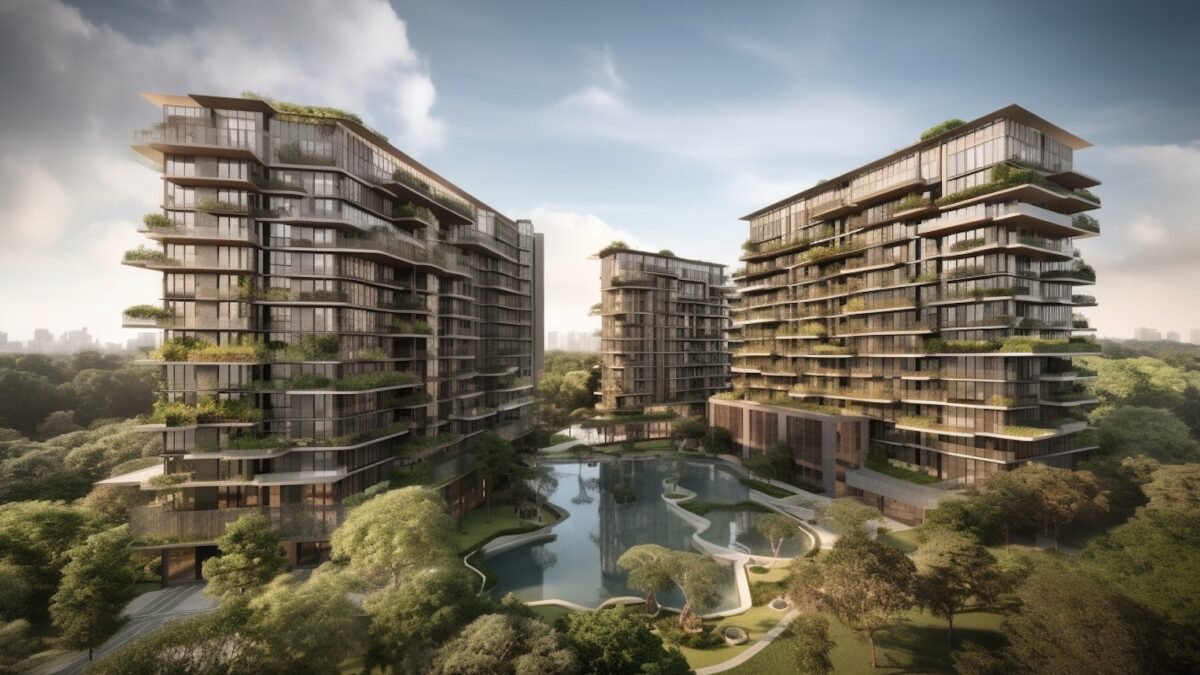Investor’s Guide to Promising Real Estate Projects in Singapore: A Comprehensive Analysis
Singapore is one of the most sought-after destinations for real estate investments. The city-state is renowned for its attractive regulatory framework, attractive tax incentives, and stable economic environment. It is also home to a number of promising real estate projects that offer investors a wide range of opportunities.
This investor’s guide to promising real estate projects in Singapore will provide an overview of the types of projects available, the factors that make them attractive, and the key considerations to keep in mind when evaluating them.
The first type of promising real estate projects in Singapore are residential projects. This includes condominiums, flats, and landed properties such as terrace houses and bungalows. Residential projects are attractive because of their long-term appreciation potential, rental yield, and the potential for capital gains. Investors should consider the location of the project, construction quality, and the size of the units when evaluating residential projects.
The second type of promising real estate projects in Singapore are commercial projects. These include office buildings, shopping centres, hotels, and industrial parks. Commercial projects are attractive because of the potential for rental income and capital appreciation. Investors should consider the location, tenant mix, and potential for future development when evaluating commercial projects.
The third type of promising real estate projects in Singapore are industrial projects. These include manufacturing plants, warehousing facilities, and research and development centres. Industrial projects are attractive because of the potential for long-term capital appreciation, rental income, and the potential for increased value due to technological advances. Investors should consider the size of the facility, the type of industry, and the potential for future growth when evaluating industrial projects.
Finally, investors should also consider the impact of the Singapore government’s policies on the real estate market. The government regulates foreign ownership of real estate, and it also offers incentives such as property tax rebates and grants. Investors should take note of these policies when evaluating real estate projects in Singapore.
In conclusion, Singapore offers a wide range of attractive and promising real estate projects for investors. Investors should consider the types of projects available, the factors that make them attractive, and the key considerations to keep in mind when evaluating them. By doing so, investors can identify and invest in projects that offer the most potential for long-term capital appreciation and income.
Singapore is one of the most attractive locations for real estate investment in Asia. Its strategic location, strong economic fundamentals, and robust infrastructure have placed it at the top of investors’ lists as a safe and prosperous choice for long-term investments. The city-state’s real estate market is forecasted to continue to grow over the next few years, making it an ideal location for investing in property.
For investors looking to capitalize on the potential of Singapore’s real estate market, understanding the best projects and strategies to pursue is essential. A comprehensive analysis is needed to evaluate the different projects available, as well as the risks and rewards associated with each.
The most important factor when considering a real estate investment in Singapore is to identify the right location. The city-state has a wide array of residential, commercial, and industrial projects, so investors should assess these in terms of their suitability for the investment goals. This includes the size, type, and location of the project, as well as the infrastructure and amenities available in the surrounding area.
The next step is to assess the project’s potential for capital appreciation and rental yields. Property prices in Singapore have seen significant growth in recent years, and this trend is expected to continue in the near future. Investors should analyze the project’s potential for capital appreciation, as well as rental yields. This can be done by looking at historical data on rental yields, as well as current market conditions and trends.
The third step is to evaluate the project’s risks. This includes an assessment of the developer’s track record, as well as the legal, financial, and environmental aspects of the project. Investors should also assess the stability of the local market, as well as factors that could potentially affect the project’s success, such as government regulations, infrastructure, and competition.
Finally, investors should also consider the time frame of the project. A long-term investment strategy is typically recommended, as it allows investors to benefit from capital appreciation and rental yields over a longer period of time. Short-term investments should be avoided as they often come with higher risks.
Overall, Singapore is an ideal location for real estate investment. With a comprehensive analysis of the different projects and strategies available, investors can choose the best project that suits their investment goals. With the right strategy and due diligence, investors can benefit from the potential of Singapore’s real estate market.


















